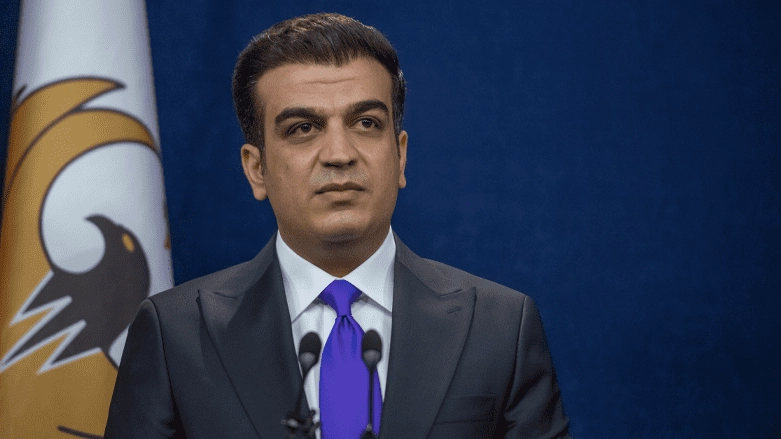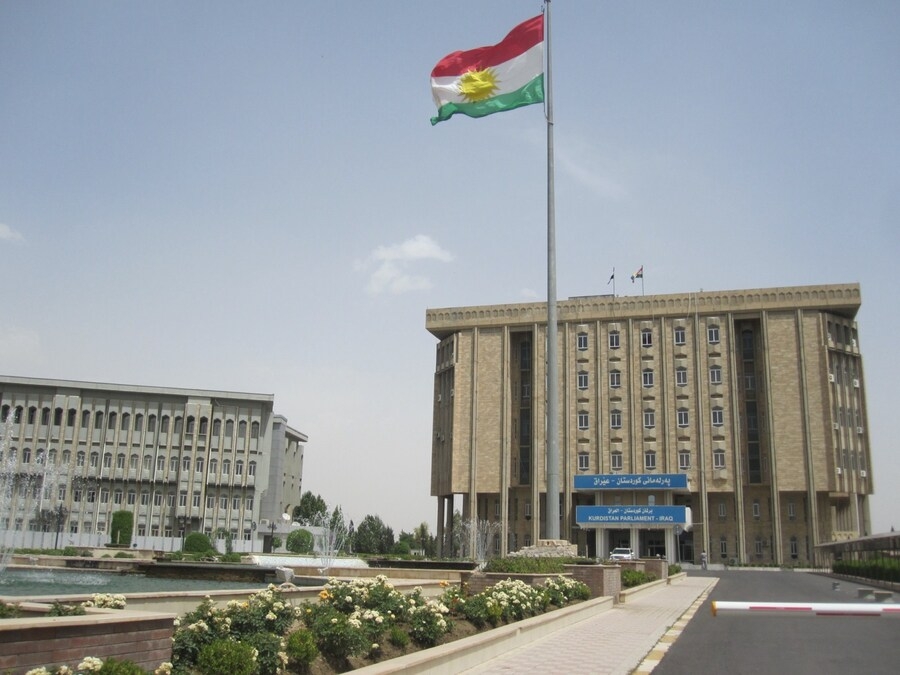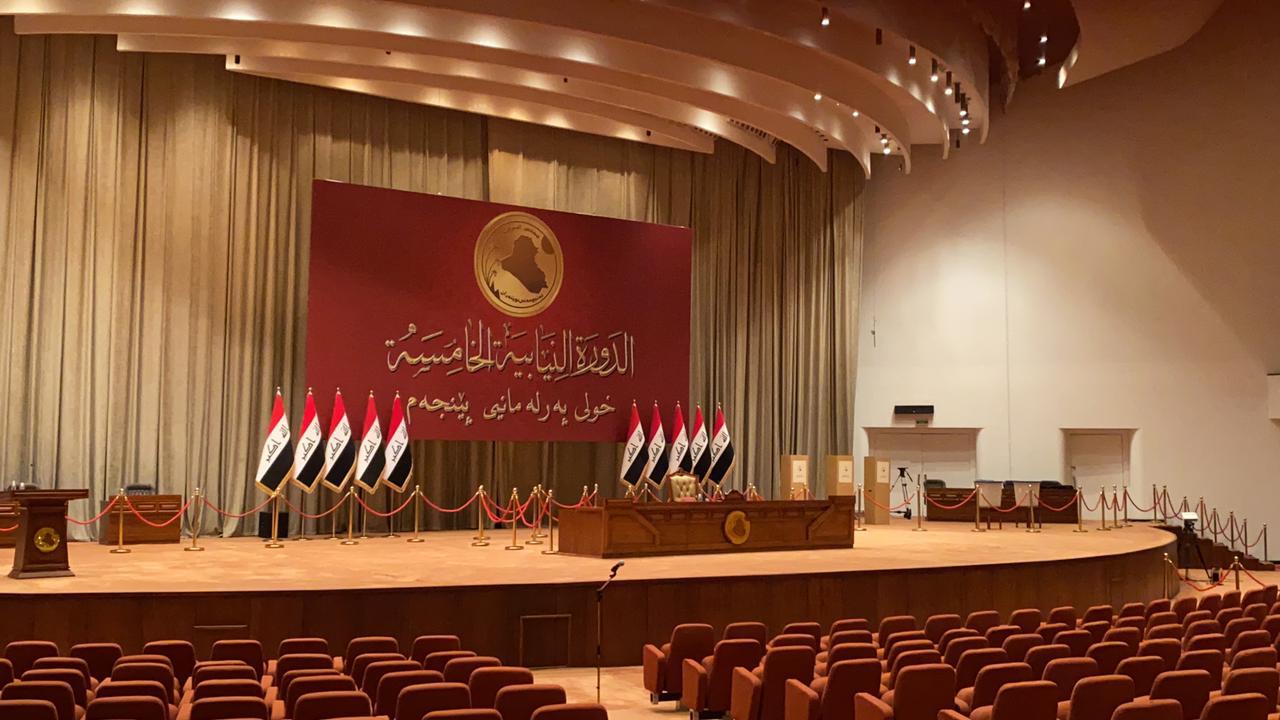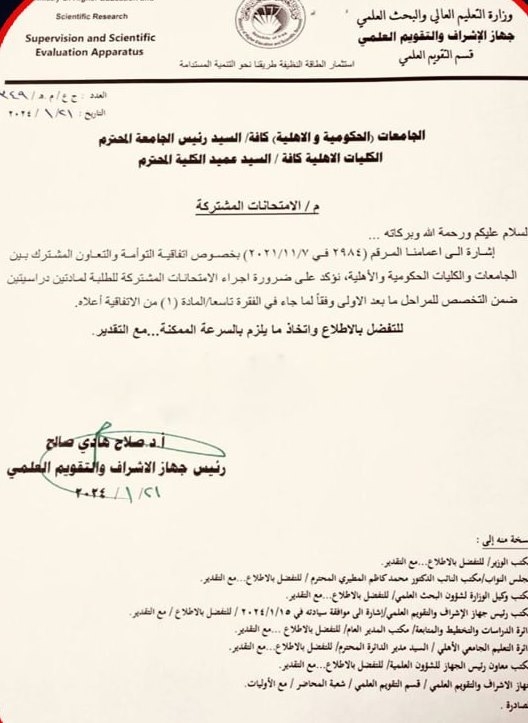قام المستشار المالي لرئيس الوزراء العراقي مظهر محمد صالح بتحديد أبرز مميزات مشروع قانون الإصلاح الاقتصادي. وأشار صالح إلى أن مشروع القانون يتوافق مع استراتيجية تطوير القطاع الخاص في العراق. وأوضح أن المشروع يقوم على رؤية المنهاج الحكومي في الإصلاح وإعادة تنظيم الاقتصاد الوطني، ويتناول مبادئ الشراكة بين الدولة والقطاع الخاص في التمويل والاستثمار والإنتاج.
وأكد صالح أن مشروع قانون الإصلاح الاقتصادي ينسجم أيضًا مع مبادئ الاستراتيجية الوطنية لتطوير القطاع الخاص في العراق، وأنهما تجسيد واقعي ومتلازمة مركزية في بناء قواعد المجتمع الاقتصادي. وأشار إلى أن القانون سيسهم في تنويع مصادر الدخل في الاقتصاد الوطني وفكه من الإحادية الريعية وظاهرة رأسماليات ليبرالية ربحية طارئة وخالية من أي فكرة لبناء مؤسسات السوق.
وقال صالح إن تطبيق قانون الإصلاح الاقتصادي سيحقق استخدامًا أمثل للموارد المتاحة في العراق من حيث الموارد المادية والبشرية، وسيضمن مستوى من الازدهار ينتجه نمو مستدام في مناخ اقتصادي متنوع ضامن للتنمية في البلاد.
Alraq/ Iraq News Network- Baghdad, Financial Advisor to the Prime Minister, Mazhar Mohamed Salih, identified the key features of the Economic Reform Bill on Sunday, and pointed out that the bill is in line with the strategy for developing the private sector. Saleh said in an interview, “The economic philosophy framed by the Economic Reform Bill proposed for legislation in the House of Representatives is based on the government’s vision for reforming and restructuring the national economy.” He adding that “The government’s approach, approved by the House of Representatives in October 2022, oversees the implementation of a reformist vision based on the principles of partnership between the state and the private sector (in financing, investment and production), starting from the investment of natural resources and manufacturing industries, ending with digital services and others, and generating high added value chains that enhance growth factors in gross domestic product.”
He explained that “The Economic Reform Bill also aligns with the principles of the National Strategy for the Development of the Private Sector and the new formation of the Private Sector Council, headed by Prime Minister Mohammed Shia al-Sudani.” He noted that the Economic Reform Bill, which is in the legislative stage, is in line with the National Strategy for Developing the Private Sector, as both are undoubtedly a realistic embodiment and a central complement in building the foundations of the social market through the vision of partnership between the state and the private sector that we have mentioned earlier. He further explained “They are also two economic forces that will help them in coherence by diversifying sources of income in the national economy and freeing it from rentier monism that has coexisted on its ruins with ad hoc profit-oriented liberal capital that is devoid of any idea of building market institutions, but has remained transient to sustainable development or even the inclination to build the desired foundations of real investment over the past decades.”
Saleh affirmed that “Iraq is presenting a vision of partnership between the state and the social market, through the application of the Economic Reform Law immediately upon its legislation, to establish coherent guarantees for a promising economic future, to leave the monopoly and problems of the unilateral economy.” He said that “The application of the Economic Reform Law will achieve the optimal use of all available resources (material and human), and at the same time ensure a level of prosperity that will produce sustainable growth in a diverse economic climate that guarantees development.”











